Views: 200
Native Igbos Of Equatorial Guinea: A Short History
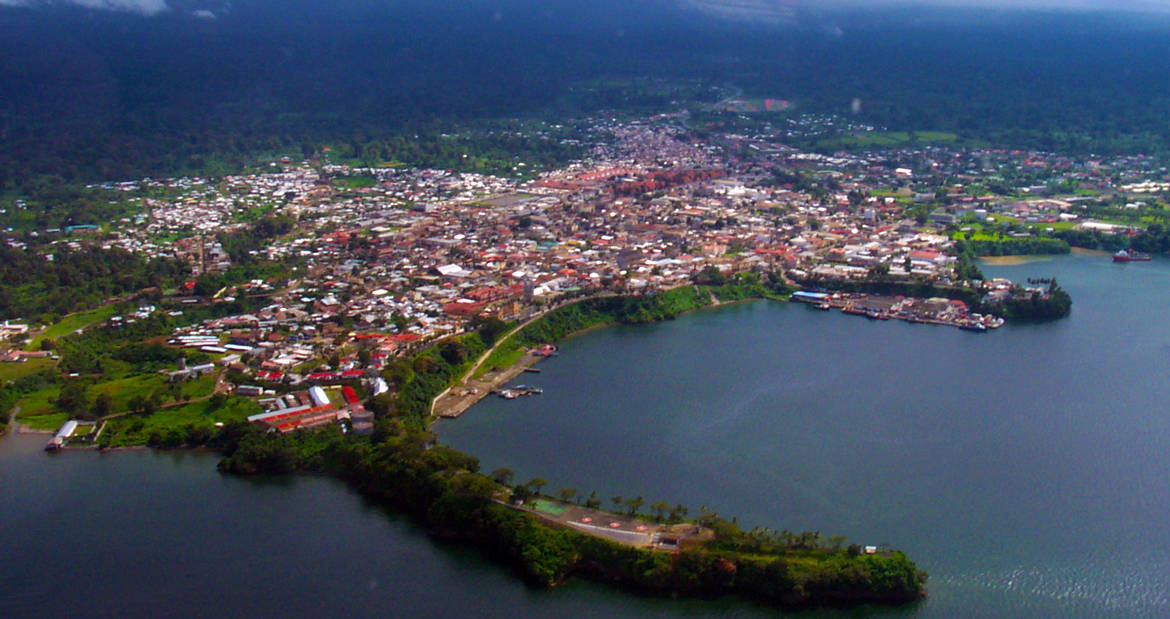
Igbos Of Bioko, Equatorial Guinea – A Forgotten Minority Tribe
Populations: 33,500
Rank: 3rd largest
Related tribes: Igbo People of Nigeria in Equatorial Guinea
Notable Personality: William Napoleon Barleycor de Fernando Poo, escribio el primer libro sobre la cultura bubi. Nacio en Santa Isabel (malabo). Murio en Inglaterra.
The native Igbos of Equatorial Guinea have a history that stretches back centuries, but is not widely known. This overview will give you a glimpse into their culture and heritage, as well as some of the struggles they have faced over the years.
The Igbo, or Eboe, people are believed to have come to Equatorial Guinea in the 17th century as part of the slave trade. While other Africans were exported to the Americas and other parts of Africa, the Igbos stayed in their new home country and managed to establish a strong presence. They eventually blended with other ethnic groups who lived in the region to create their own unique culture.
William Napoleon Barleycorn (1848,1925), born in Santa Isabel, Fernando Po, Spanish Guinea, and a Krio Fernandino of Igbo descent,[1] was a Primitive Methodist missionary who went to Fernando Po, Equatorial Guinea (now known as Bioko) in Africa in the early 1880s. From there, he traveled to Edinburgh University.
HISTORY
Equatorial Guinea is located at the Eastern end of the Gulf of Guinea, West coast of Africa, the only African Country situated in the middle of the ocean, outside the African map, separated by water, the only Spanish-speaking speaking. Among the tribes are the Igbo people who also inhabit South Eastern Nigeria, off the Bight of Biafra, the Bubi and Fang ethnic groups, and other tribes.
The Igbo, as officially declared by the government of Equatorial Guinea, is the third largest after the Fang and Bubi tribes, and occupies a small area in Bioko; their communities are small compared to Bubi and Fang. The majority of them migrated to Bioko from Arochukwu, Abia state.
‘The Igbo of Equatorial Guinea, numbering 33,500, are No Longer unreached. They are part of the Igbo people cluster within the Sub-Saharan African affinity bloc; this group, though a minority of people, ranks third largest in Equatorial Guinea, a country with a total population of 1.2 million people. Their primary language is Igbo. The primary religion practiced by the Igbo is marginal Christianity, a form of religion with roots in Christianity but not theologically Christian.
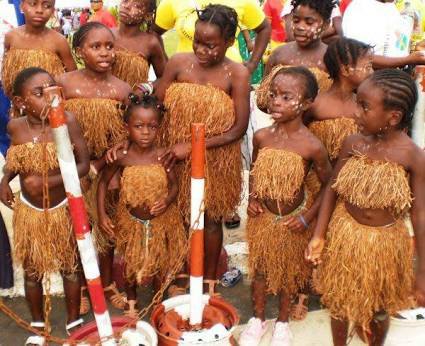
BIOKO
Formerly known as Fernando Po, it is the largest region in Equatorial Guinea. They speak Pigin English, Spanish, foreign languages, and Fang, Igbo, and Bubi indigenous languages. The original inhabitants of Bioko are a group called Bubi, descendants of mainland Bantu tribes. they are warlike, fought and defeated the Fang, and pushed them to the inland part, while they occupy the coastal areas. the Fang is also an ethnic group in Cameroon. Bioko is also home to descendants of former slaves who were freed in the nineteenth century. Many Bubis have recently immigrated to the continent, and along with other, smaller Bantu-speaking tribes, comprise the remaining 10 percent of the population in Rio Muni. Minority tribes include the Kombe, Balengue, and Bujebas.
Most people’s daily lives are conducted in tribal languages, either Fang, Bubi, or Ibo, all of which are in the Bantu family of languages.
National Identity. Equatorial Guineans identify first with their tribe or ethnic group, second with the nation. The current country was formed during Spanish rule, linking the main island of Bioko with the mainland territory, despite the fact that the two were culturally distinct. Since the unification of the two, there has been some intermingling and migration, particularly of mainland Fang to Bubi-inhabited Bioko. The Fang tribe itself is not limited to the Rio Muni area, but extends also north into Cameroon and south into Gabon.
Ethnic Relations. Legally, there is no discrimination against ethnic or racial minorities, but in practice, this is not the case. The Bubi have experienced persecution under the post-independence government. Before independence, the group formed a majority on Bioko. However, since 1968, many Fang have migrated to the island, and a small subclan, the Mongomo, has dominated the government. There is resentment and violence not only between the Bubi and the Fang but also between the Mongomo and other Fang subgroups.
INDEPENDENCE OF BIOKO
The Bubi, a warlike tribe, are leading the independence struggle, a proposed Country that includes the Igbo minority and Fang, though there is no record of any opposition to the demands for the Republic of Bioko by Fang and the Igbo.
As regards the language, Igbo is a recognized official language in Equatorial Guinea, and it has been confirmed that the people still speak the Igbo language, which has some form of deviation from the modern Igbo spoken in Nigeria. Some people who have seen them say they say, ‘bia ikaa’ for ‘come here’. Anybody who has been in contact with these people as regards the language?
Finally, I think that Igbos of Nigeria do need to reach out to our people in Bioko to re-strengthen our ties and the language.
Source: NewsNow
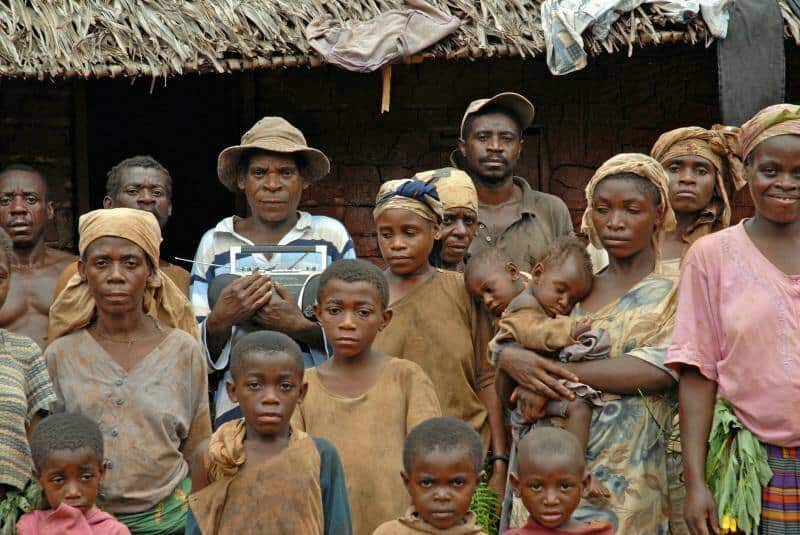

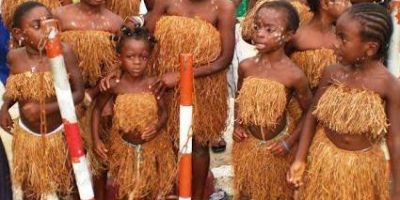
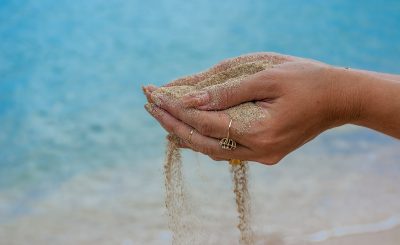
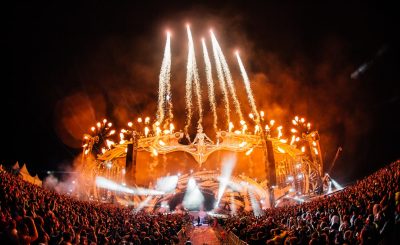
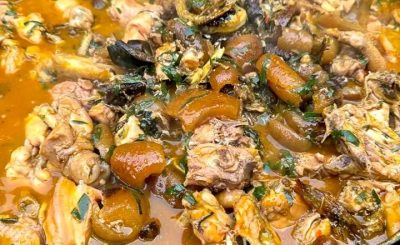
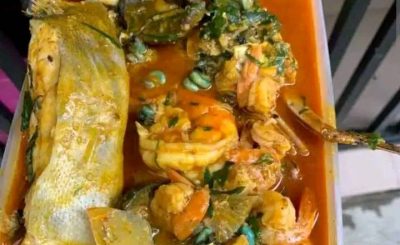
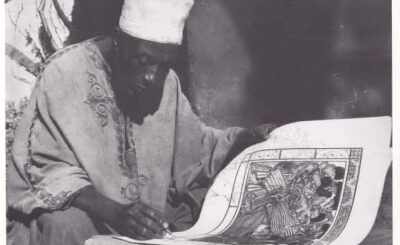
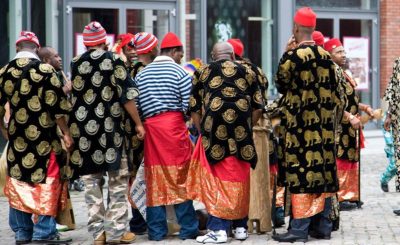
You must be logged in to post a comment.